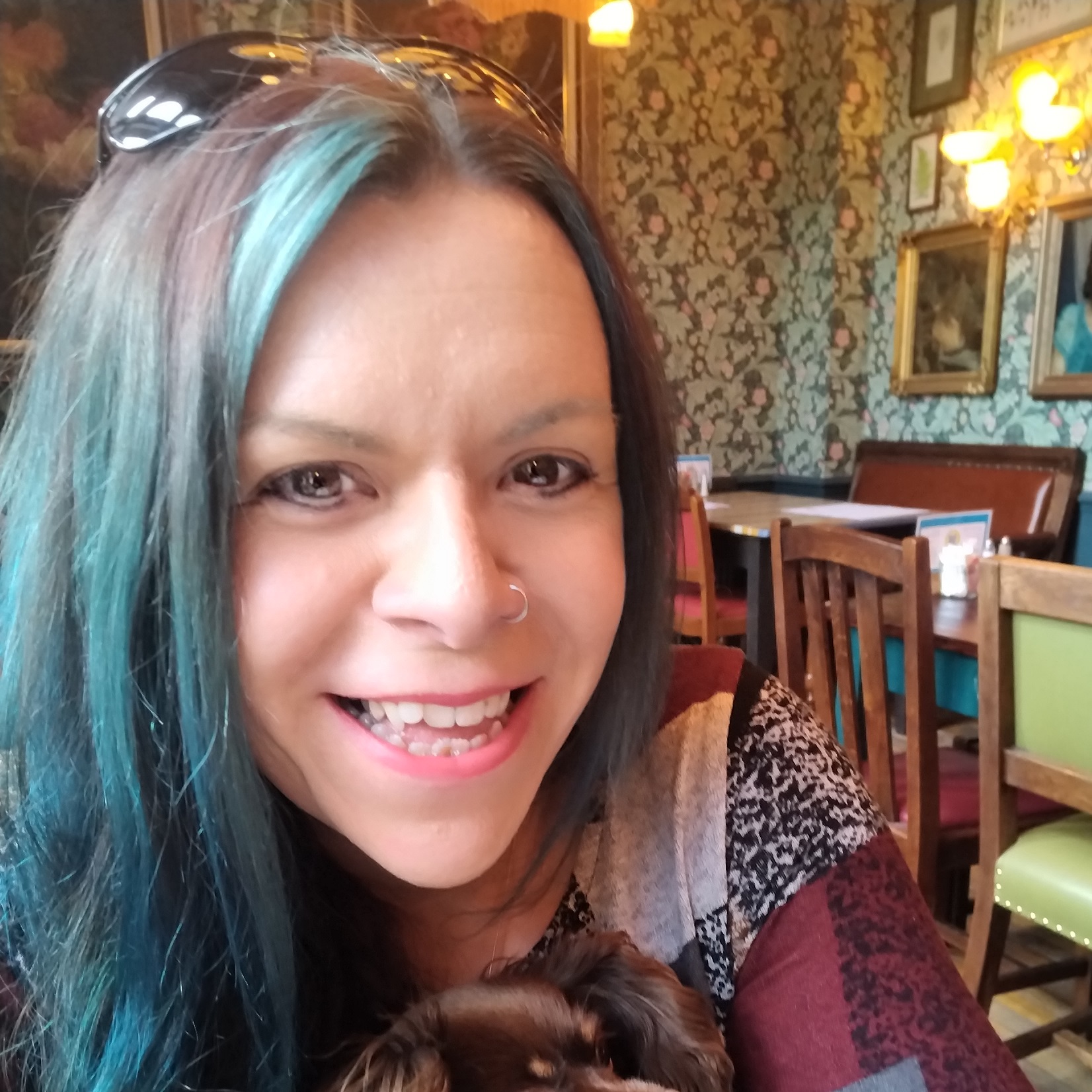
Improving eHealth Education
During the summer, I was delighted to be invited to be a tutor for the Erasmus+ funded eHealth Eurocampus project, building on my prior experience teaching both future-facing tech innovations and a contributor to the Public Health England HealthX.
The eHealth Eurocampus project is an EU-funded initiative designed to foster innovation and address the challenges in eHealth across Europe. This collaborative effort brought together ten European partners to enhance the quality and relevance of higher education in ICT applied to healthcare.
The project, which began in September 2016, aimed to bridge the gap between academic training and the practical demands of the eHealth sector. By integrating diverse educational methodologies and creating new teaching materials, eHealth Eurocampus sought to prepare professionals who are both technically proficient and capable of leading innovative projects in the eHealth domain.
The project emphasises interdisciplinary collaboration and practical training through workshops, conferences, and summer schools, aiming to develop professionals ready to innovate in the eHealth sector. This initiative has made significant strides in aligning academic curricula with the evolving needs of the healthcare industry, thereby contributing to the development of a robust eHealth workforce in Europe.
Summer School
This summer school, the final in a three year cycle, was organised and run by the Universitat Politècnica de Catalunya in Barcelona. Spending time on-campus, this was a great opportunity to collaborate with a wide range of European academics, sharing best practice and developing innovative Level 7 course materials. In addition to the taught elements, it offered a great opportunity to see the facilities including the Barcelona Supercomputer Centre
Role as a Tutor
As a tutor, I was tasked with guiding a group of International Master's students through the process of developing a new product, using everyday resources, to help enhance eHealth practice. The group decided to build a working ECG machine out of low-cost Arduino components, demonstrating how cost-effective devices can aid healthcare provision in low income locales.
Reflections
Reflecting on my experience as a tutor for the eHealth Eurocampus project, I feel incredibly privileged to have contributed to such a forward-thinking and impactful initiative. The collaboration with fellow academics and the engagement with enthusiastic students provided a rich learning environment. Witnessing the students' creativity and dedication in developing practical, low-cost healthcare solutions was particularly inspiring. This experience reinforced my belief in the power of interdisciplinary education and the importance of innovation in healthcare. It has been a deeply rewarding journey that has broadened my perspectives and strengthened my commitment to advancing eHealth education and practice.
